Six ways to get rid of period bloating
Struggling with period bloating? Try these tips and tricks to beat the bloat

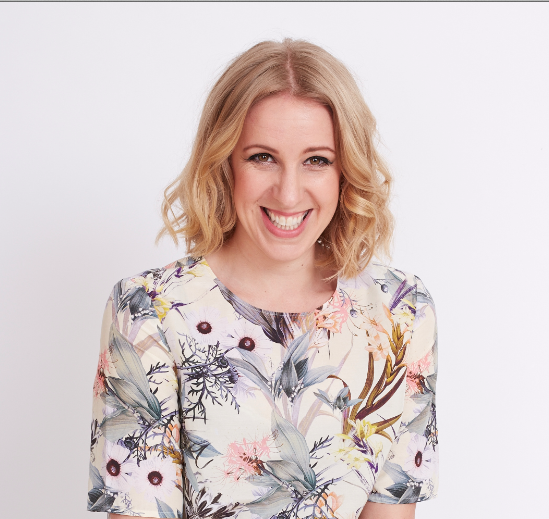
Cramps? Swollen tummy? Sugar cravings? There’s really nothing to like about period bloating, and for many women it’s a monthly agony.
It can be caused by hormonal fluctuations before menstruation begins and often feels like someone’s put a big balloon in your belly. These changes can also cause the body to hold more salt and water, which can add to the feeling of period bloating.
Certain foods can make matters worse – like sugar or processed goods – but a healthy diet of fruit, vegetables and lean protein can help to ease the pain. If you want to up your protein intake, then read our guide to the best protein powder for women.
For some lucky few, period bloating symptoms will pass quickly, but for those who suffer, it can be a monthly nightmare. If this sounds familiar, don’t worry as we’ve spoken to menstruation expert Benedetta Andreotti, a nutritionist at Love Yourself Meals Ltd., who reveals her six ways to combat bloat.
What causes period bloating?
According to Andreotti, period bloating is one of several premenstrual syndromes that can occur one to two weeks before a woman’s period.
“It is caused by hormonal changes in the level of estrogen and progesterone,” she explains. “About a week before a woman’s period starts, levels of the hormone progesterone drop. This causes the uterus to shed its lining and it affects the fluid and electrolyte balance in the body.”
Research suggests that the fall in progesterone causes the body to retain more water and salt. “As a result, the body’s cells become swollen with water, causing the feeling of bloating,” says Andreotti.
Get the Fit&Well Newsletter
Start your week with achievable workout ideas, health tips and wellbeing advice in your inbox.
How to get rid of period bloating
Andreotti says that while there isn't a specific cure or treatment for period bloating, it is possible to reduce symptoms by implementing simple dietary and lifestyle changes that will help you to de-bloat and improve general wellbeing.
Here are six ways to get rid of period bloating:
Avoid salty food
“Foods high in salt (<1.5g/100g) increase blood pressure and the risk of developing cardiovascular disease and stroke. They contain very high quantities of sodium that increases water retention,” she says.
Examples of salty foods are processed foods like white bread, white pasta, pizza, chips and cheese. Ready-made sauces and stock cubes are also high in salt. Finally, smoked meat, corned beef, ham and chorizo contain a significant amount of salt.
“You can swap these ingredients with low-sodium alternatives such as low-sodium vegetable stock, homemade sauces with no salt, turkey slices instead of ham and chorizo as well as herbs and spices instead of salt.”
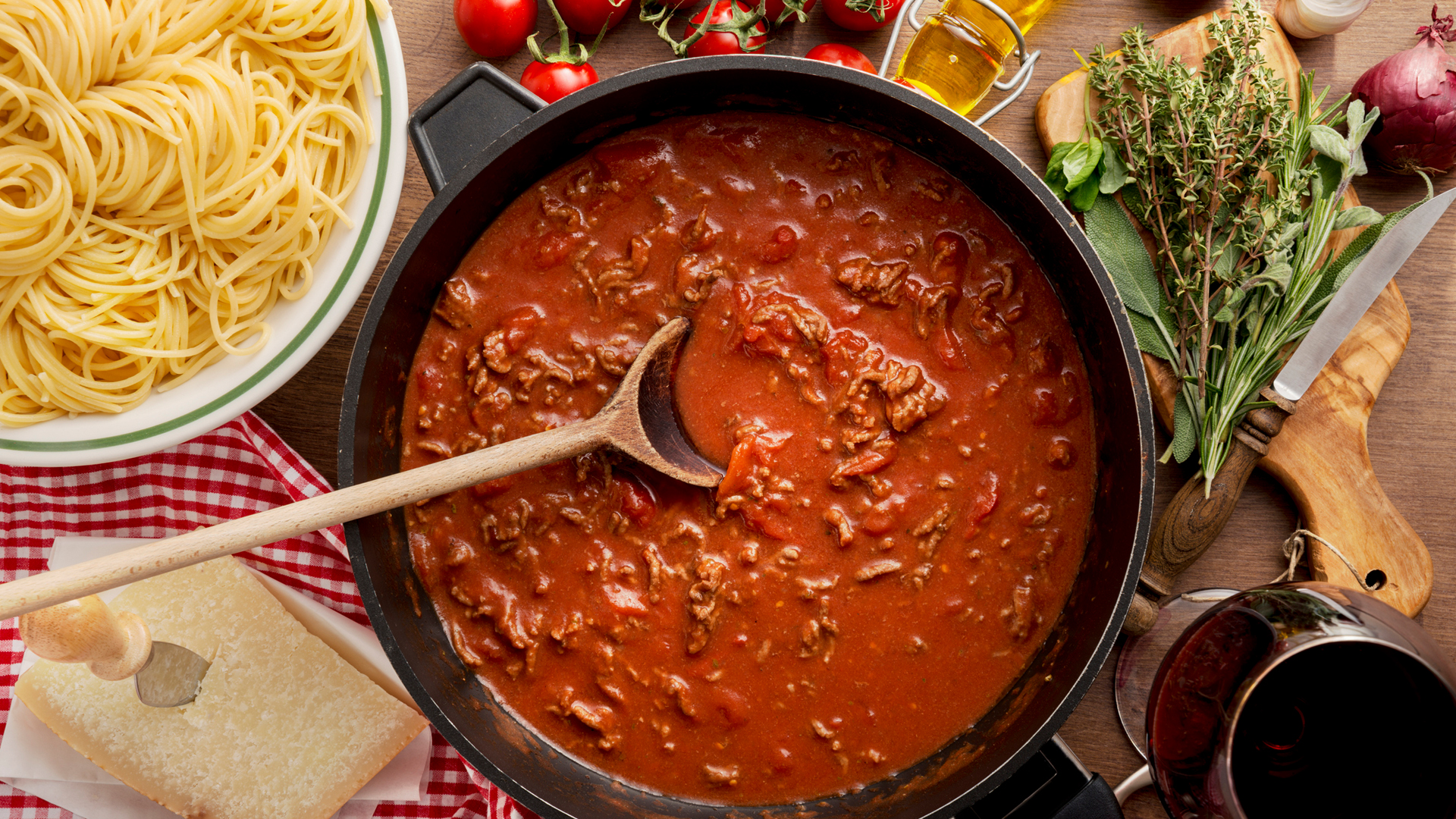
Consume potassium-rich foods
Eating foods rich in potassium has been shown to help reduce period bloating.
“Research shows potassium decreases sodium levels and increases urine production. In this way, potassium helps to reduce water retention and improve period bloating,” says Benedetta.
Potassium-rich foods include spinach, banana, avocados, tomatoes, almonds and lentils.
Try natural diuretics
Diuretics are pretty effective at helping the body to get rid of excess water and salt by making you pee more.
“You can consume natural diuretics, such as asparagus, pineapples, peaches, cucumber, leeks, ginger and garlic, to help to increase urine production and reduce water retention, thereby reducing the overall bloating,” says Andreotti.
Avoid refined carbohydrates
Andreotti says: “Refined carbohydrates such as pasta, rice and bread cause spikes in blood sugar levels. This increases the level of insulin in the blood, which causes the kidneys to retain more sodium and, as a result, worsen bloating before the period.”
The good news? “You can swap these types of carbohydrates with complex carbohydrates such as couscous, oats, buckwheat and barley. They have a lower glycemic index (GI) – which helps to reduce and regulate blood sugar levels – and do not cause water retention.”
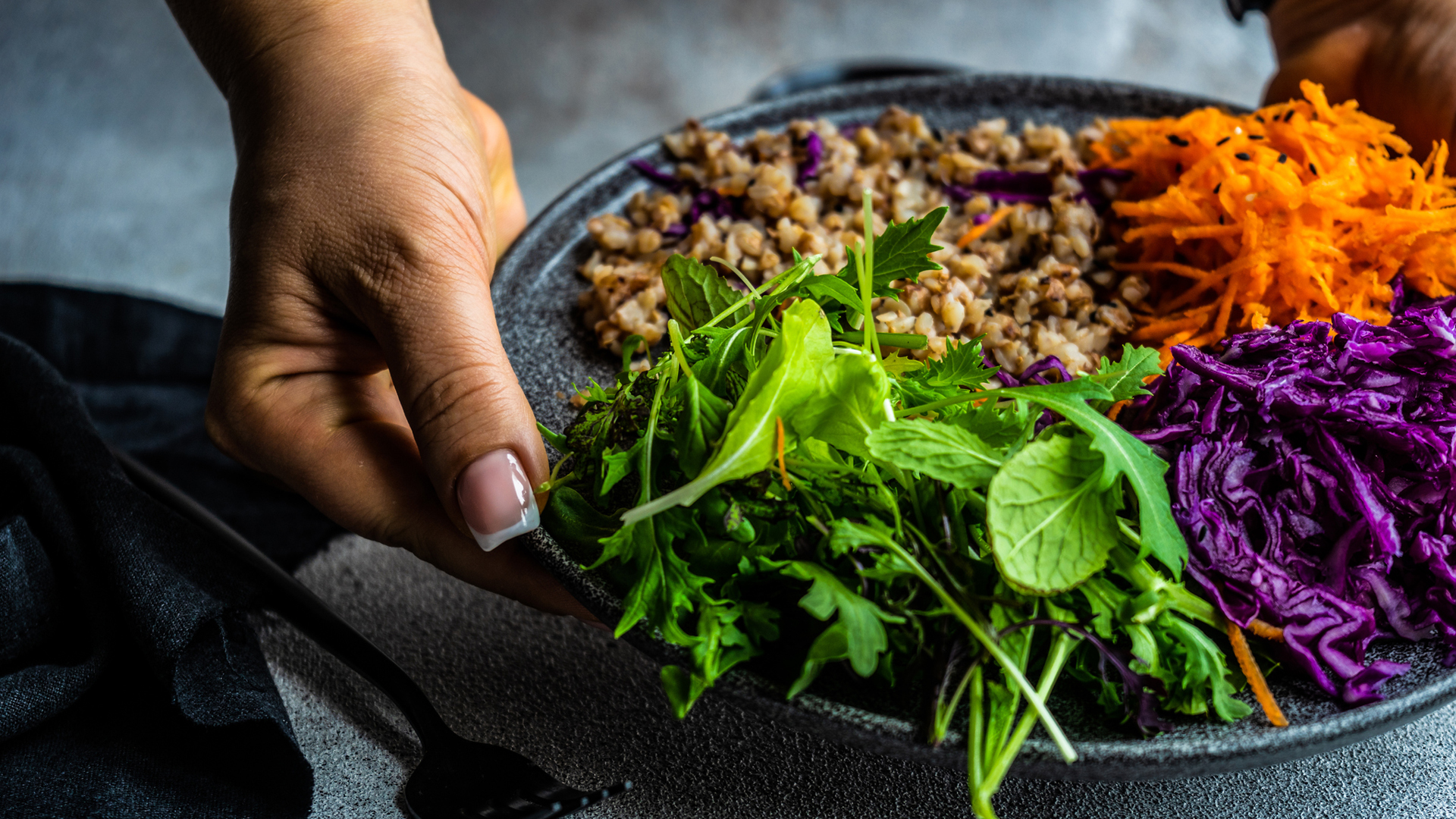
Exercise regularly
Research published in The American Journal of Gastroenterology shows that regular exercise and particularly low impact training including yoga and swimming are very beneficial in reducing bloating.
“This is because when we exercise, our body releases a hormone called endorphin which helps to reduce stress, cramps and bloating,” says Andreotti.
Why not relieve muscle tension with this 10-minute yoga stretching routine?
Drink at least 6-8 cups of water a day
Finally, although there is no scientific evidence that water improves water retention, water does increase hydration, which is very important for your health, says Andreotti. Arm yourself with the best water bottle to ensure you stay hydrated on the go.
Maddy Biddulph is a freelance journalist specializing in fitness, health and wellbeing content. With 26 years in consumer media, she has worked as a writer and editor for some of the bestselling newspapers, magazines and websites in the US and UK.
She is also a qualified L3 personal trainer and weight loss advisor, and helps women over 40 navigate menopause by improving their physical and mental strength. At Maddy Biddulph Personal Training, she runs one-to-one and small group training for menopausal women who want to get fit to ease symptoms and feel like themselves again.
-
 I do these two things every day to stay fit and healthy, says the newest star trainer on Chris Hemsworth's fitness app
I do these two things every day to stay fit and healthy, says the newest star trainer on Chris Hemsworth's fitness appHere's how Centr's Korey Rowe trains for longevity
By Sam Rider Published
-
 I thought sports weren't for me, until I realised they're a game-changer for ticking off cardio
I thought sports weren't for me, until I realised they're a game-changer for ticking off cardioI swapped HIIT and running for tennis—and I've never felt better
By Alice Porter Published
-
 Should you eat before bed?
Should you eat before bed?feature Late night cravings are often inevitable but should you eat before bed or will it affect your health?
By Alice Porter Published
-
 How to improve your memory: six easy techniques
How to improve your memory: six easy techniquesOur experts offer six simple tips to help you improve your memory – because no matter your age, brain health is important
By Stacey Carter Published
-
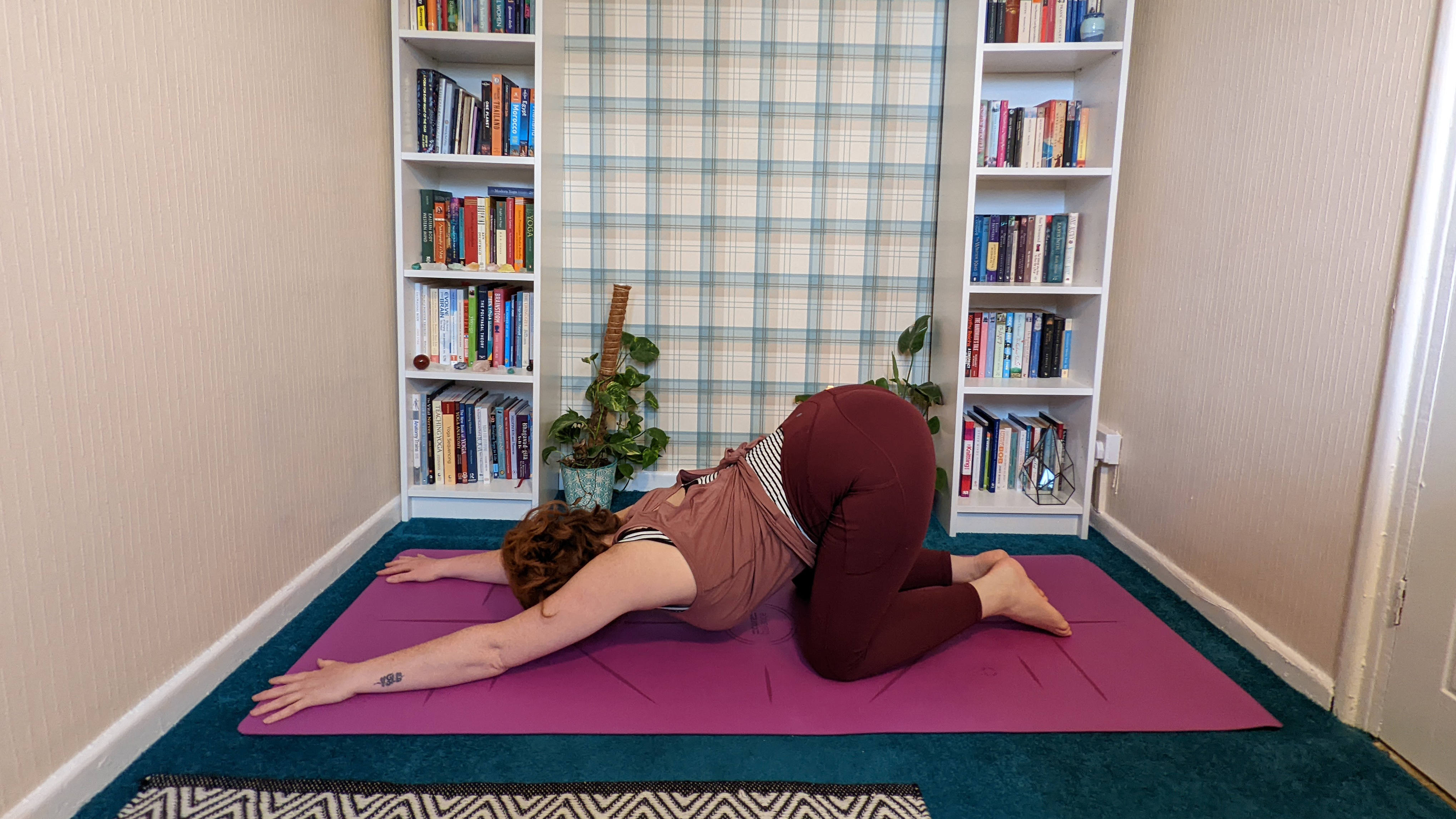 Yoga for shoulder mobility and strength
Yoga for shoulder mobility and strengthhow to Yoga for shoulder mobility: remove tension and aid movement with these yoga postures
By Kat Bayly Published
-
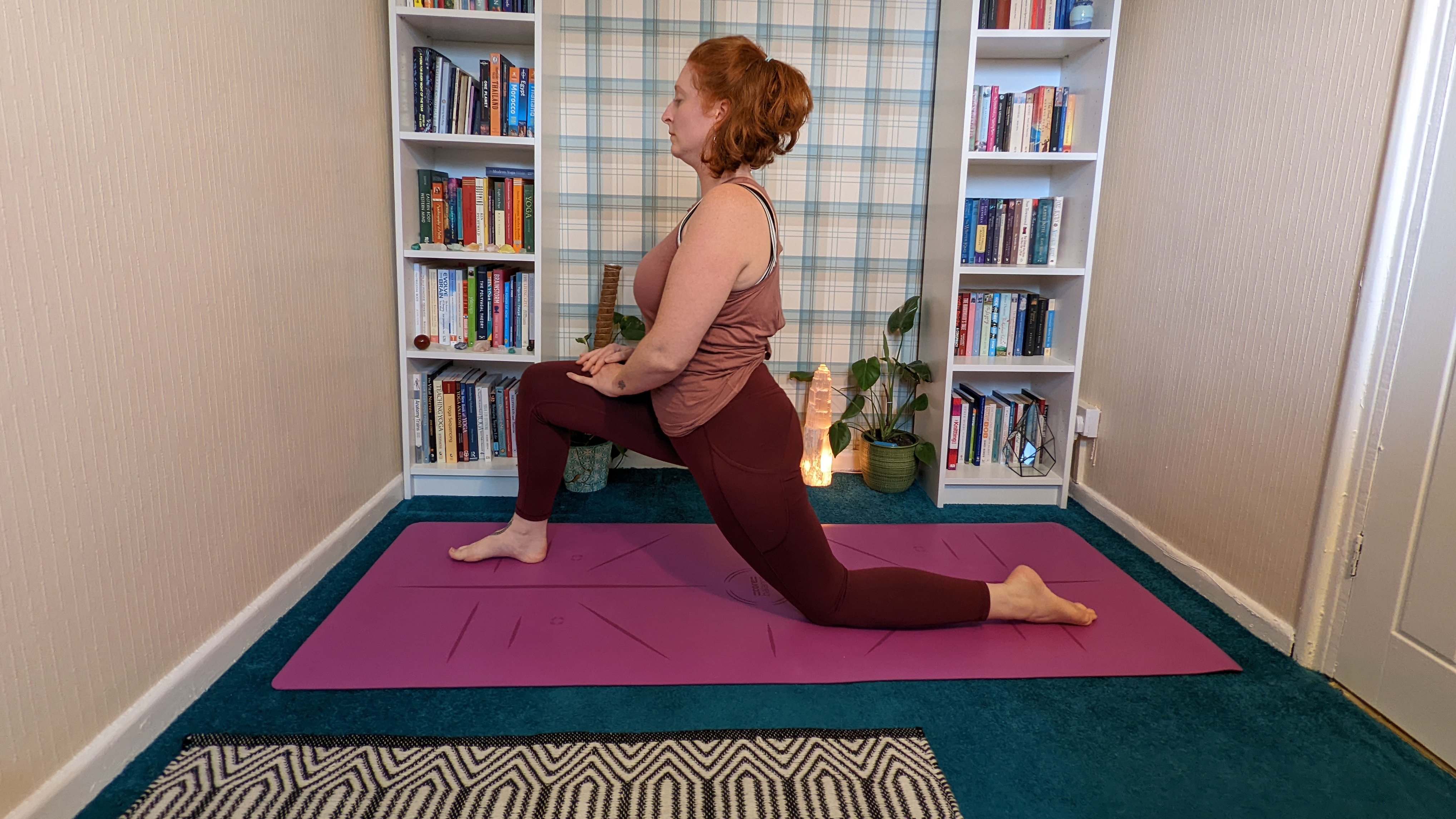 Hip mobility yoga flow: improve your flexibility with these moves
Hip mobility yoga flow: improve your flexibility with these moveshow to Hip mobility yoga: free up tight hips with these exercises
By Kat Bayly Published
-
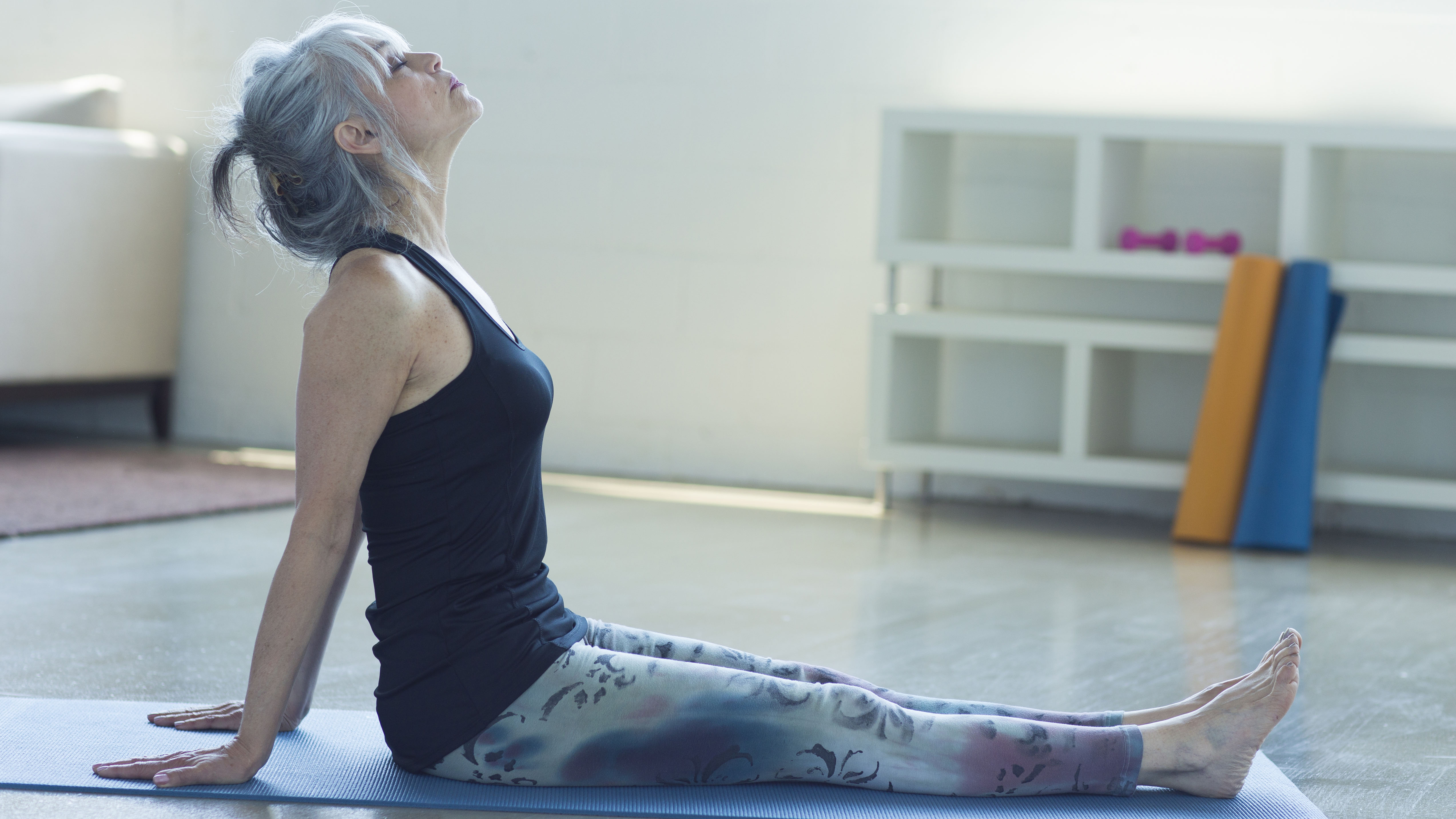 How to do yoga with bad knees
How to do yoga with bad kneesEase joint pain by learning how to practise yoga with bad knees
By Sam Hopes Published
-
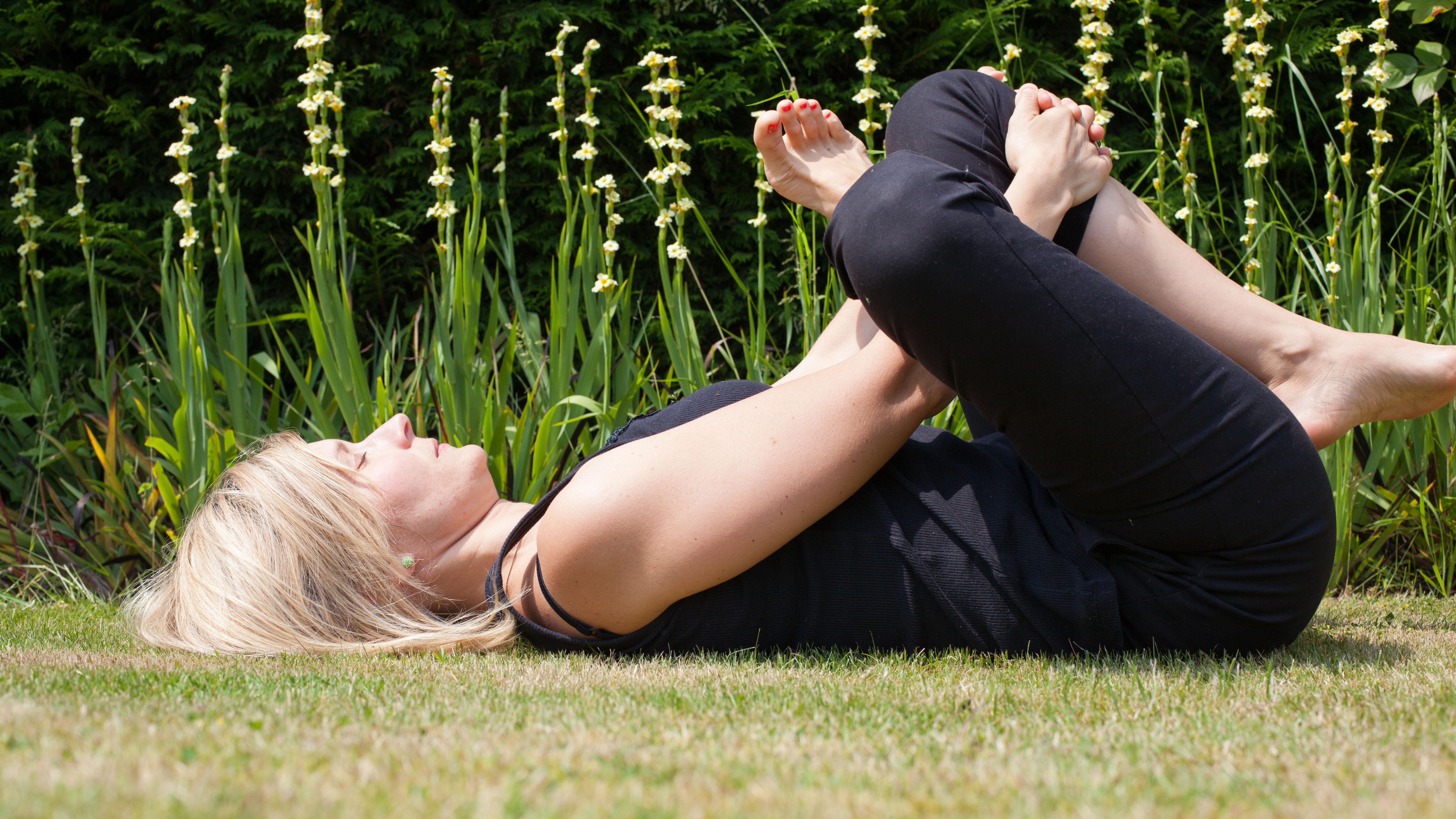 Yoga for knee strength: six moves to try
Yoga for knee strength: six moves to tryYoga for knee strength: what to try at home to improve joint mobility and stay supple.
By Maddy Biddulph Last updated
-
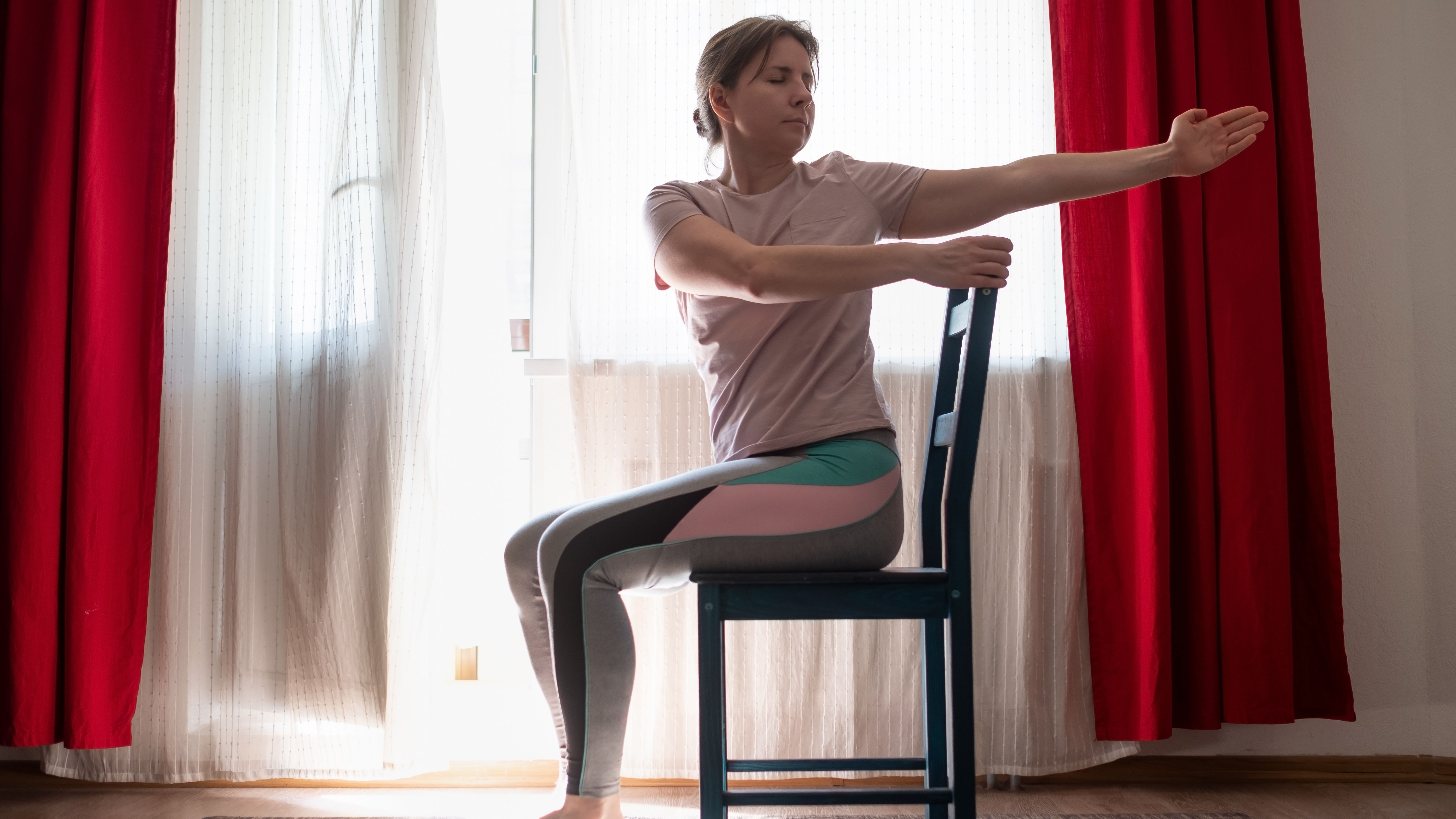 How to do a seated yoga flow
How to do a seated yoga flowGrab a chair and try this seated yoga flow, to improve your mobility and flexibility
By Maddy Biddulph Published
-
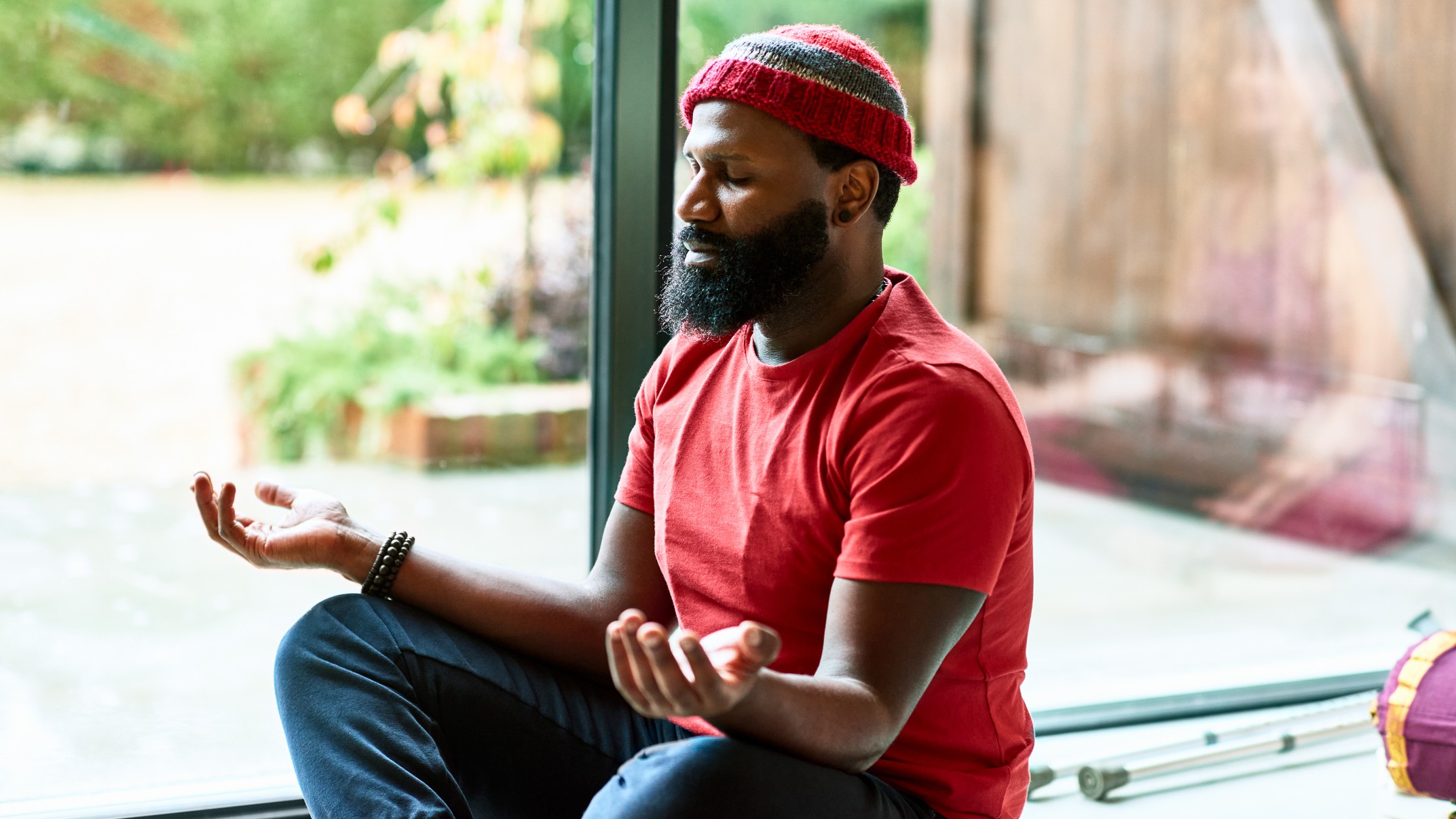 Wrist-free yoga flow: a 15 minute flow without any downward dog
Wrist-free yoga flow: a 15 minute flow without any downward dogFitness Rest up your sore joints with this wrist-free yoga flow
By Sam Hopes Published